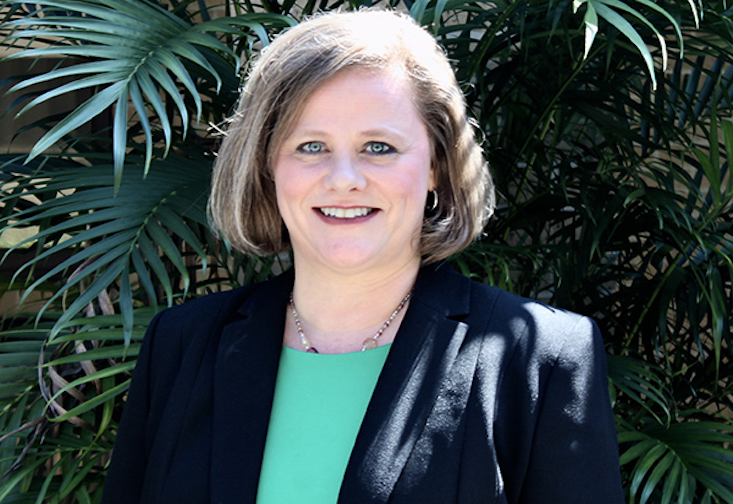The University of South Florida received $3.2 million from the National Institute on Aging to investigate if Alzheimer’s disease can be detected early through simple blood tests.
The new funding dovetails with a $44.4 million, five-year NIH grant awarded to USF last year testing whether computerized braining training can reduce dementia risk in older adults. Called the Preventing Alzheimer’s with Cognitive Training (PACT) study, it is the largest primary prevention trial to date designed to rigorously test the effectiveness of computer-based training to protect against MCI and dementias.
Participants enrolling in the PACT study can also enroll in the study investigating whether a simple blood test can detect dementia. The PACT study will work with the National Centralized Repository for Alzheimer’s Disease and Related Dementias to analyze blood samples collected from study participants.
“We need another 2000 healthy older adults to volunteer for the PACT study. We are very grateful to the 1800 volunteers from Tampa Bay who have already joined our fight against Alzheimer’s disease by enrolling in PACT.” said principal investigator Jerri Edwards, PhD, a professor of psychiatry and behavioral neurosciences in the USF Health Morsani College of Medicine. “Participants will now not only be contributing to our work on how to possibly prevent dementia, but also advancing efforts to develop blood tests for early detection of the disease.”
Currently, diagnosing dementia such as Alzheimer’s disease requires expensive PET scans or invasive cerebrospinal fluid samples. This new study will contribute to research working toward developing simple blood tests to improve existing methods.
Launched last year, the PACT study continues to recruit participants, seeking healthy older adults to volunteer for the landmark study examining whether computerized brain training exercises can reduce the risk of cognitive impairment and dementia such as Alzheimer’s disease. PACT study volunteers should be age 65 or older with no signs of cognitive impairment or dementia. Those accepted into the study will participate in initial testing at a PACT location at the USF Tampa or St. Petersburg campuses or at Reliance Medical in Lakeland. The PACT study is also being conducted by partner sites at Clemson University, University of Florida, University of North Florida, and Duke University.
The USF PACT study concentrates on the effectiveness of computerized programs, or brain games, for preventing dementia such as Alzheimer’s disease. These computerized training exercises are designed to potentially enhance mental quickness and visual attention. At the end of the trial, the scientists will examine the blood samples from willing participants and determine which specific blood-based biomarkers predict Alzheimer’s disease, the severity of the disease, and/or responsiveness to treatment.
The PACT study is supported by the National Institute on Aging, part of the National Institutes of Health (NIH), grant number R01AG070349. The content is solely the responsibility of the authors and does not necessarily represent the official views of the National Institutes of Health.
One of the lab sites for the PACT study is located on the St. Petersburg campus and run by Jennifer O'Brien, Associate Professor of Psychology. Healthy adults 65 years and older who are interested in volunteering for the study can call 727-873-4090 to learn more about getting involved.
